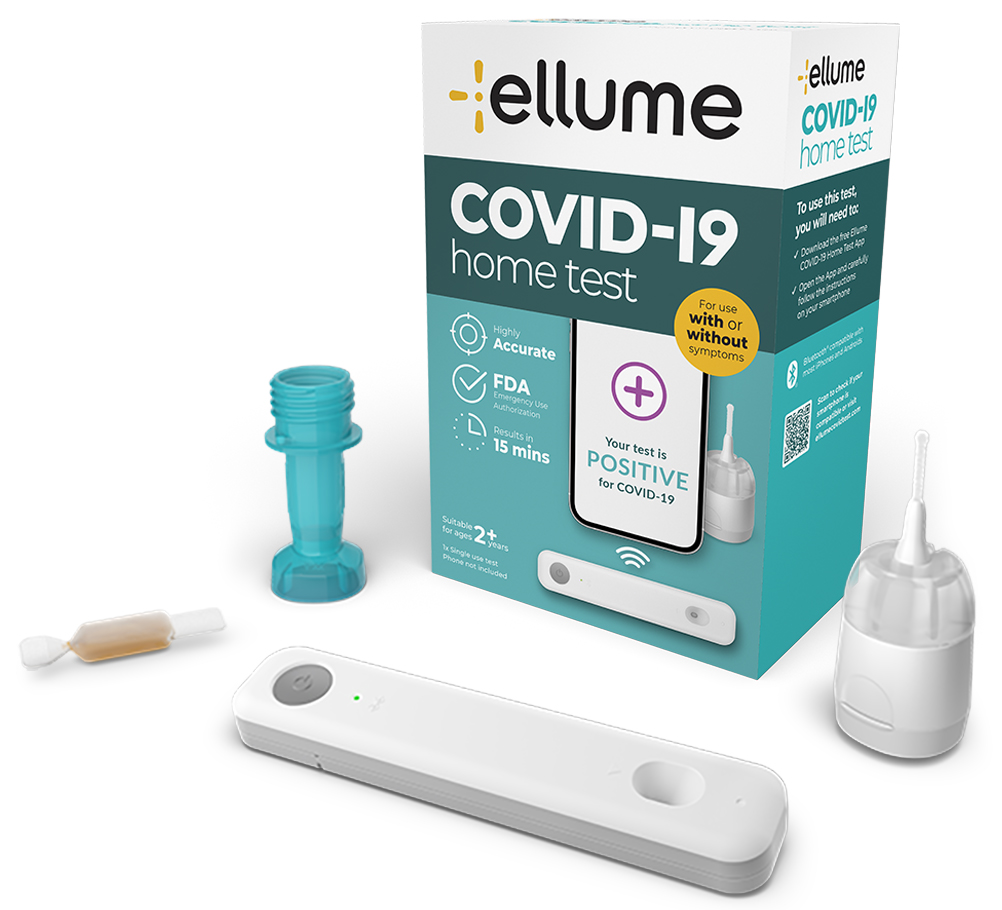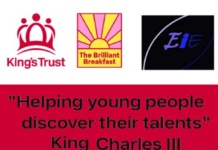
[A new era of Made-in-Africa medical products and devices]
Governments and leaders in Africa should provide a speedy approval of the manufacture of covid-19 novel treatment and testing kits so that lives can be saved and undermine the blatant vaccine nationalism of western affluent countries The unquantifiable benefits of health, and economic rejuvenation of regions as well as the reduction in unemployment are enough reasons for every leader in the continent to fight for indigenous production of key health related products.
Professor Chris Imafidon – It is unimaginable for Prime Minister Boris to travel to Moscow for treatment, or President Biden to travel to Paris for medical attention, the current pandemic is waking up this generation of African leaders to focus on the provision of world class medical facilities in their locality and full engage the young generations of highly trained professionals and become self sufficient in healthcare. This must be the first lesson of covid19, and we must start with the local manufacturing of treatment and testing kits for coronavirus.
As the world watches the devastating impact of covid19’s delta variant on lives and livelihood in India, and across the world, some Medical corporations have received provisional licenses to commence manufacture of testing or treatment in Africa. However, some African leaders are not thinking strategically and are unaware of the unquantifiable health benefits or huge economic gains associated with becoming the manufacturing basis for such high demand medical products.
Africa has traditionally benefited from the sales and exploitation of naturally occurring raw materials, but things have changed and there is an urgent need for the continent to review their strategy and capitalize on emerging opportunities. The rapid development of China is a great example to Africa and other developing nations that anything is possible.
AFRICAN ATTEMPT AT REAL ADVANCEMENT
Currently, poorer countries have been hit with higher price tag for Oxford/AstraZeneca vaccine. For example Bangladesh, South Africa and Uganda are paying more for the vaccine than the rich EU.
According to medical scientists, “The current pandemic represents a great opportunity to save African lives and avoid the economic disaster suffered in India and other parts of the world. We must do all we can to save Africans particularly the highly vulnerable groups including the elderly and rural dwellers”. So we are excited to secure the rights to produce the “enhanced and booster” Covid 19 related drugs and associated medicines.
It should now be self-evident to everyone that the testing and treatment for covid19 is. A new opportunity to change the African leadership position in infectious disease management particularly as the continent survived the E-Bola virus outbreak
Today, African and developing countries have found themselves in double jeopardy as they attempt to acquire coronavirus testing, or treatment modalities. It is sad that not only are they having a hard time securing treatment and prophylaxis, affluent countries snap up everything, making poorer nations to paying more for the same items. We must all prevent this ugly situation!”
TRACK RECORD OF AFRICAN SUCCESS
It will be recalled that some Africa countries are already making animal vaccines in some African countries. For example Yellow fever vaccines are in production in Senegal. In fact, according to preliminary research, there are over 10 African manufacturers with vaccine production and are based in five countries: Egypt, Morocco, Senegal, South Africa and Tunisia. There may be limited upstream production with most local companies only engaging in packaging and labeling, and occasionally fill and finish steps. However, there are about eighty sterile injectable facilities on the continent, which may provide an opportunity for vaccine production given the primary dosage form in Africa is vials.
The Group of Seven (G7), at the G7 Summit in Cornwall, recently committed to immediately share at least 870 million doses of Covid-19 vaccines, supporting global access and helping to end the acute phase of the pandemic. This is only a promise and innocent lives will be lost before African nations see this promise materialize.
According to Professor William Ampofo, chairperson of the African Vaccine Manufacturing Initiative, vaccine manufacturing in Africa is not just possible but necessary. Prof Ampofo says the problem of availability can easily be solved if Africa opens up to medical engineering and invest in medical production.
AVAILABILITY OF TOOLS AND TREATMENT IN AFRICA
Majority of all the current vaccine capacity in Africa is focused on supply to internal country markets with very little export-taking place. Current capacities are modestly scaled with a glaring absence of large-scale (fewer than 100 million doses) capacity.
As highlighted by COVID-19, this severely limits vaccine availability in disease emergency situations, as there is no immediate readiness to repurpose facilities for large-scale production through partnerships. It is therefore vitally important that African vaccine manufacturers establish supply networks to export to markets (in Africa and elsewhere). Supply chain could use the existing economic zones in Africa. For example, the Economic Community of West African States.
OVERCOMING CHALLENGES
Most African countries are supplied with vaccines by UNICEF supported by Gavi, the Vaccine Alliance, with fewer than 10 countries being self-sufficient in terms of vaccine procurement. This has led to a very specific shaping of vaccine markets in Africa where more than 1.5 billion doses are supplied through UNICEF.
Consequently, this presents enormous challenges when trying to establish sustainable vaccine industries in Africa, which would ideally require advance-purchasing support from African governments. In the current dispensation this is simply not possible when most countries don’t buy their own vaccines and therefore cannot commit to buying locally manufactured vaccines.
SELF-SUFFICIENCY
The biggest impediment is the way vaccine markets are structured in Africa. Without the commitment and support to buy vaccine manufactured in Africa it will forever remain a difficult challenge to build a sustainable industry capable of producing vaccine doses at scale.
This is where African governments, continental bodies such as the African Union and other stakeholders can make a difference. The current system design requires a shift and complete review to enable this desperately needed capacity to be established as shown by COVID-19 and the delays despite the best efforts of the COVAX Facility.
Vaccine manufacturing is complex and requires huge financial investments and a long-term vision. It’s a long-distance race not a 100-metre dash. One must begin with the end in mind i.e. the vaccine market in Africa and the way vaccine procurement and supply currently occurs. There is a need to focus core issues such as innovative financing, enabling local and regional regulatory capacity to assure quality, critical technical elements including skills development, technology transfer and product development partnerships, Good Manufacturing Practice facility design and establishment.
How can vaccine development and manufacturing be scaled up?
What must be appreciated from the start is that when it comes to setting up vaccine production capability at scale to meet current global quality standards, the whole is greater than the sum of the parts. We cannot simply look at the different pieces separately or in boxes and think that we can approach this in a linear fashion.
The capability to produce vaccines requires a fully integrated approach, pulling together elements mentioned earlier (finance, skills development, regulatory, facilities, technology know-how, etc).
It might be useful to think of this as coin with two sides. On one hand are what one might consider to be technical issues: facilities, quality systems, skills development etc. On the other the issues of finance, the vaccine market and procurement channels are most critical.
So, for Africa, focusing specifically on the technical aspects, what might work best is to establish what is called fill/finish capacity first otherwise referred to as drug product manufacture. This would allow for collaboration with multiple partners for multiple products using a single formulation/filling line.
Then in a phased approach step, back-up the vaccine manufacturing value chain and install capacity to produce drug substance: antigen or active pharmaceutical ingredients. This approach manages the investment risk upfront and builds vaccine-manufacturing know-how in a manageable way.
The current COVID-19 pandemic presents a great opportunity to harness the various conversations and proposals into an action oriented road map lead by the African Union and regional bodies that will lead to increased vaccine production in Africa to facilitate immunization of childhood diseases and control outbreaks of highly infectious pathogens.
Professor Chris Imafidon is chair, ExcellenceinEducation.org.uk, an alliance of inner-city charities and institutions that mentors youths, women and professionals in the commonwealth. He is a multi-Guinness World record holder; internationally renowned adviser to monarchs, governments, presidents and corporate leaders; Mentor to multi-millionaire tech entrepreneurs & many world record holders. His STEM and other research and innovation have been recognised internationally, winning multiple awards. Professor Imafidon is 5X International Bestselling author; Mentor to New York Times Bestellers and a Sunday Times Op-ed author, a Wall Street Journal BestSelling author and a regular contributor to #AfricanVoice;. [Twitter @ChrisImafidon; Instagram @CoImafidon; Facebook/Linkedln/ClubHouse –Professor Chris Imafidon
ACKNOWLEDGEMENT:
Professor William Kwabena Ampofo is Associate Professor and Head of the Virology Department, Noguchi Memorial Institute for Medical Research (NMIMR), College of Health Sciences, University of Ghana, Legon, Accra, Ghana. Since 2011, William has also served on WHO advisory groups for influenza including global influenza vaccine production, immunization and pandemic influenza preparedness. He was also an advisor – WHO International Health Regulations Emergency Committee on Ebola.
His research interests include molecular and serological investigations, anti-viral therapy and viral disease burden. Prof. Ampofo runs the National Influenza Center, National HIV Drug Resistance Genotyping laboratory
Kindly follow us on twitter:@AfricanVoice2










